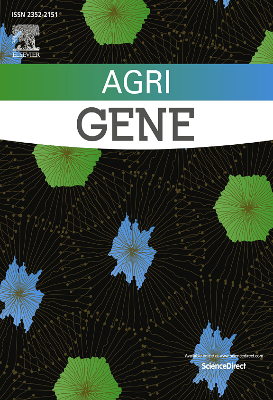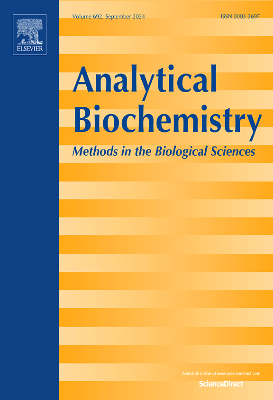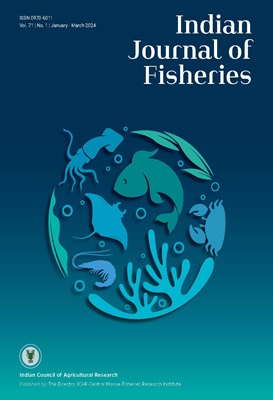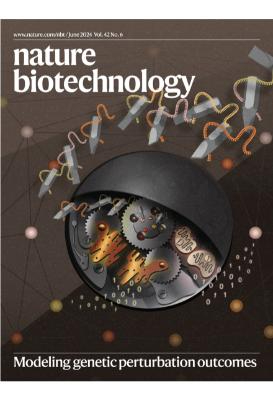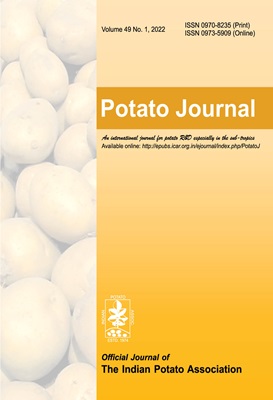Description
Clearly, submissions to Scientia Horticulturae must be within the scope of horticultural science. This is a critical aspect in the first acceptation or rejection of the manuscripts to be evaluated. 1. In this context, firstly, we can clarify the plant species, topics and experimental designs which should be OUT OF THE SCOPE. Many excellent manuscripts may be turned away to be published elsewhere when they fall outside the set parameters 1.1. Regarding PLANT SPECIES: cereal crops, forestry crops, medicinal crops, industrial crops and oleaginous crops (e.g. olive studies linked to oil production). In the case of row/agronomic crops, those yielding a product that may be used fresh (e.g. tropical vegetables, citrus, bananas, and other fruits) will be considered, while those papers describing the processing of the product (e.g. rubber, tobacco, and quinine) will not. 1.2. Regarding TOPICS: a) Phytopathological studies focused in the pathogen, plant physiology studies without a clear horticulture orientation and without an economic impact in the crop production are out of the scope. B) Plant molecular and phylogenetic studies without a clear horticulture orientation are also out of the scope together with basic molecular studies without any direct application to horticulture traits. C) Food technology studies focused in the processed product not in the fresh product (postharvest studies are inside the scope of the journal) are out of the scope of the journal. D) Crop management studies must be linked to horticultural traits, avoiding manuscript with an agronomical orientation without a clear connection between agronomical work and the horticultural traits of the crop. E) Papers on the technical aspects of horticulture (engineering, crop processing, storage, transport etc.) are to be considered only if they relate directly to the living product with a clear horticulture orientation. 1.3. Regarding the EXPERIMENTAL DESIGN: several seasons are required in many phenology studies, analysis using local ecotypes without any pedigree description, and not including international references are of reduced interest. However, single season based on robust data and consideration of multiple traits with significant results may be considered as short communication. Experimental design and statistical analysis must be correct including the required replications in any phenotype or molecular study. Simple comparison (yield, morphological traits and so on) between genotypes without important physiological aspects is out of scope On the other hand, our journal is one of the global leading sources of information for researchers of Horticulture. The knowledge we communicate must be correct, significant, novel, advance the state-of-the-art, and of interest to our readership. The growth of the journal must continue in a sustainable way. The quality of the journal will be increased by increasing its Impact Factor thus making it an attractive publishing venue for top tier research groups. 2. In this context, we can clarify ADDITIONAL SCOPES of the journal. 2.1. Regarding ACCEPTED SPECIES, A wide variety of horticultural crops could be considered, which have tremendous economic value. In the case of edible fungi (mushrooms), Scientia Horticulturae is the only Q1 journal accepting these species. We can potentiate the acceptation of papers from these species or not. Potentially medicinal crops should be included in the case of a fresh direct use, although, this becomes tricky as we get into phytochemicals, etc. Exploitation of wild germplasm resources has also great application prospects in horticulture even for non-horticultural crops. 2.2. Regarding NEW TOPICS, omics studies, biochemistry, micropropagation, breeding, plant physiology, phytopathology must be considered, if they contain information of direct significance to horticulture mainly in relation to horticulture traits of the crops. In addition, new fresh use of the crops should be of great interest together with the develop of new process and product quality of fresh fruits and vegetables. In addition, new sustainable production systems in horticulture which are focused in the horticultural crops and traits not in the technical details should be of great interest including urban horticulture, climate change and vegetable production and sustainable production systems (soilless culture, growing media or protected cultivation). Other potential area that may merit further discussion would be socio-horticulture, which includes sociological impact/implications of horticulture and incorporate the end consumer. Symbiosis between microbes and plants plays an important role, which could be considered for improving horticultural crops development



